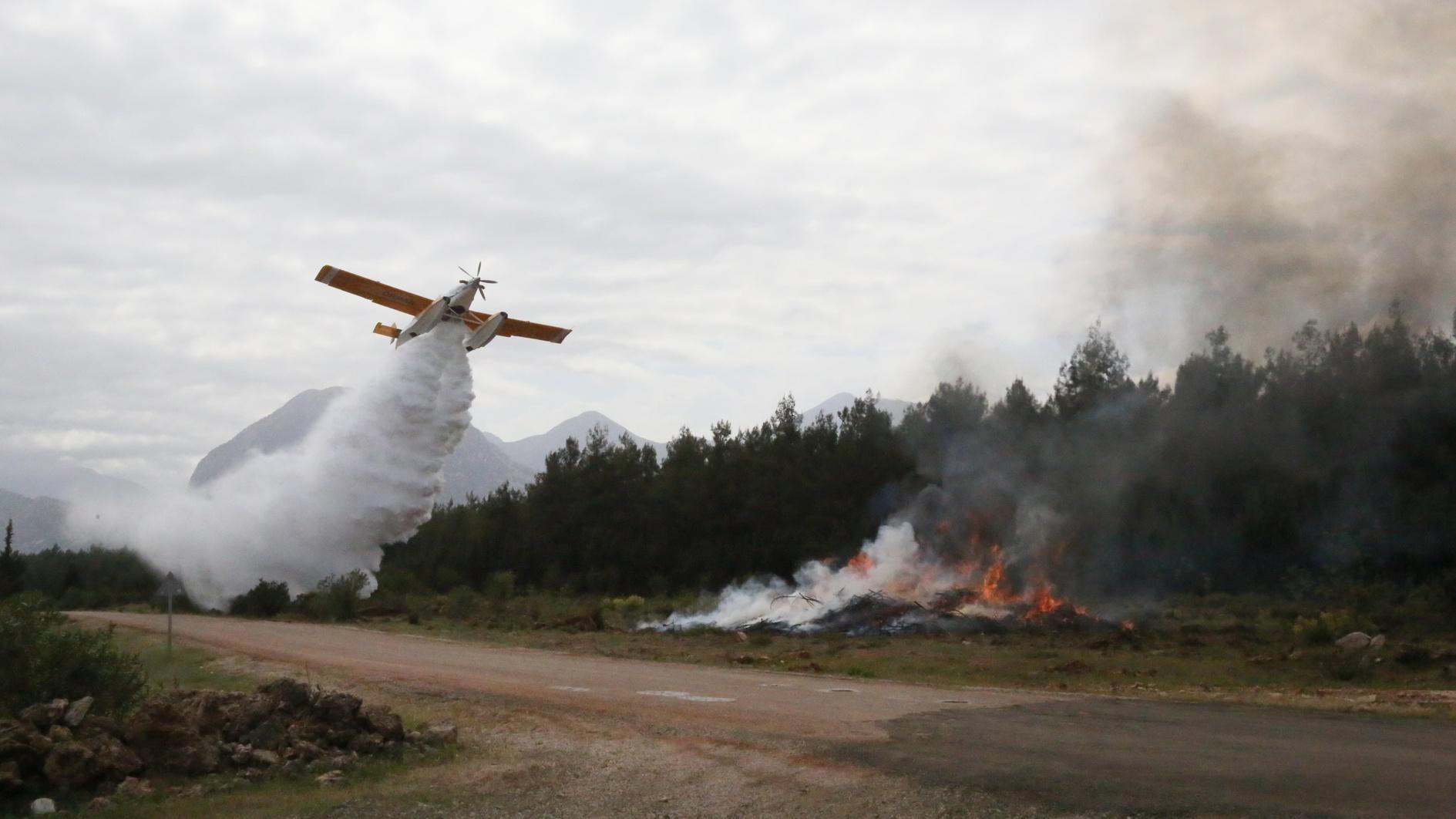Musings on a gastronomy class
This year, “Restaurant Week” is being celebrated in seven cities of Turkey from April 1 through April 30. Gourmets have opportunities to discover new tastes in Istanbul, Ankara, İzmir, Adana, Bursa, Antalya and Gaziantep where one can participate in activities such as Chef Table, Street Food&Street Jazz and Wine&Bite.
I was in a good mood, thinking about Restaurant Week, which opened with very good weather at Halat Restaurant at Istanbul’s Rahmi Koç Museum. I thought this event would disperse the stressful environment we were in. However, a story on the papers made me anxious again.
This is the concerning story:
In the northern province of Trabzon, a group of students in Avrasya University‘s Gastronomy and Culinary Arts Program filed a complaint claiming that their teacher tried to forcefully make them taste wine during a course named “Alcoholic and Non-alcoholic Drinks.”
In a country where filing a complaint has become a routine event, the instructor of the course, Associate Professor Başak Sungur, has resigned. After her resignation, another group of students held a press conference at Trabzon’s Journalists Association, declaring that there had been no such thing and the teacher had in fact not forced anyone to drink wine during the class. The students who filed a complaint had selected this course on purpose, this group said.
This situation in Trabzon is a proof of how deep the fault lines of the society are. Even wine tasting done in a gastronomy course divides the students. In this current, tense environment, it’s illogical for an academic to force her students to taste wine.
I will try to explain the paradox we are experiencing. On one hand, Turkey is a country with major ambitions in tourism, a country that wants to train well-equipped staff for this sector with highly popular gastronomy and culinary arts departments in universities. It is also a country that quickly adopts new trends in the world such as Restaurant Week.
On the other hand, we are experiencing, more frequently, cases such as the one in Trabzon resulting in the resignation of an academic.
Which Turkey is our reality?
Let us take a look at the data on drinks. There is a drop both in consumption and in production. With huge price hikes, people have even stopped drinking our national drink, rakı.
Rakı consumption, which was 48 million liters in 2011, has become 39 million liters in 2015. In the past 10 years, prices have gone up 265 percent in rakı and beer. The price hike in wine is 155 percent; in whisky, it has exceeded 135 percent.
We have even heard that because the whisky price hike is lower, rakı-drinkers have switched to whisky. The shrinkage in the rakı sector has had its negative effect on grape and aniseed growers.
According to Tobacco and Alcohol Market Regulatory Authority (TAPDK) data, alcoholic drinks consumption in 2015 has been 1. 41 million liters, which is a drop of 3.2 percent from 2014. There was a 15 percent rise in whisky consumption and 1.2 percent rise in wine in 2015.
It is possible to attribute the increase in wine consumption to major investments in the sector and the fact that restaurants have included more local wine brands in their menus.
Well, of course, this does not mean wine producers have big hopes for the future; most of them see a way out through international sales.











